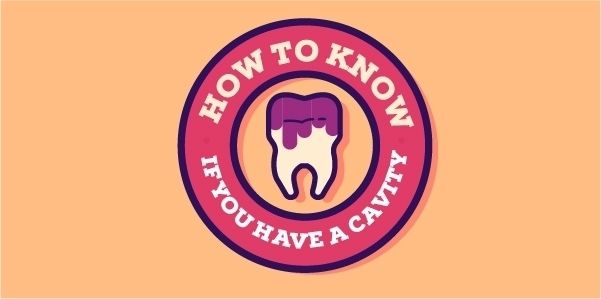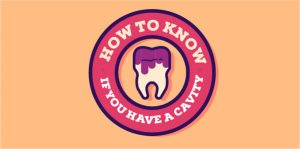
How to Know if You Have a Cavity
How To Know if You Have A Cavity
According to the National Institutes of Health, the most prevalent health condition after the common cold is tooth decay.
It’s more than likely that if you haven’t already had a cavity, you will develop at least one in your lifetime. So, how do you know if you have a cavity? Well, depending on the severity of your tooth decay, you may experience a variety of symptoms.
Here are some of the accompanying symptoms that go along with tooth decay.
• Nothing (in the early stages)
• A toothache or spontaneous tooth pain
• Tooth sensitivity
• Pain (slight or severe) when eating something sweet, hot, or cold
• Staining (brown, black, or white) on the surface of your tooth
• Visible holes in your tooth. Those holes are cavities
• Pain when biting down
The best time to catch a cavity is in the early stages, when there are few, if any, symptoms.
Keeping your twice yearly (or more) visits with us will ensure we catch them in time. You can easily reach us Monday-Friday, via email info at altmandental.com or phone (716)831-8018.
We will let you know the best course of treatment for your particular situation. The recommendation could be as easy as watching and waiting to see if we find any tooth decay in the very
early stages. Or, if you are symptomatic, we may have to formulate a more in-depth treatment plan. To determine where you are in the health continuum, we will most often X-ray the area of concern. Having you come in is the best way for us to detect any issues, as is keeping up with your routine treatment. This allows us to stay ahead of any issues, and to maintain proper oral hygiene.
Additional Suggestions to Prevent Tooth Decay:
- As always, brush twice a day with a fluoride toothpaste, floss at least once a day.
- For children, we recommend getting sealants on the teeth to prevent decay.
- For those with periodontal issues, we recommend more frequent cleanings that 2x’s /year. Our hygienists will diagnose the best course of treatment for you.
- Depending on your insurance, you may be eligible for fluoride treatments as an adult. We recommend this, as it strengthens the teeth and can limit sensitivity.
- Minimize the amount of sugar in your diet.
- Eat plants-fruits, vegetables, whole grains, and legumes decrease inflammation in the body and boost dental health. If you want to know more on how to do this, please contact out office. We have our plant-based chef and educator, Jessica, on hand to help you in your health journey. You can also check out Jessica’s food blog for healthy recipes www.gardenfreshfoodie.com
These steps will help you be proactive in preventing cavities. Even better, your teeth will thank you for it!
